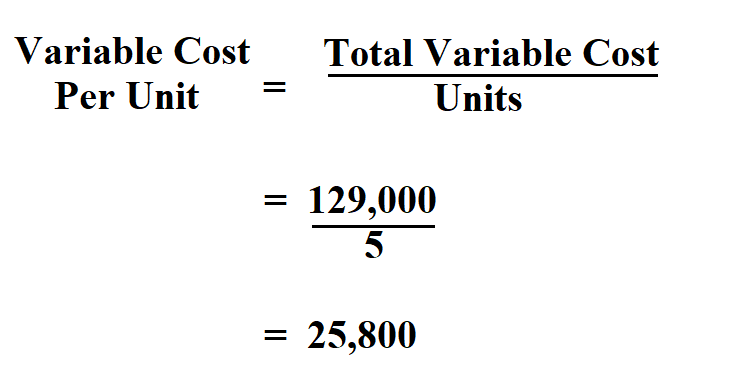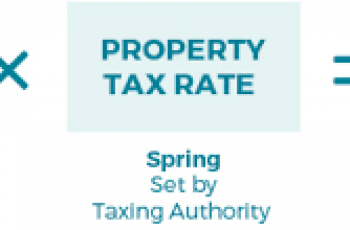What is Variable Cost Per Unit?
Ahead of discussing how to calculate variable cost per unit, let us begin by defining variable cost. Variable cost is a corporate expense that changes in proportion to production output. It changes with an increase or decrease in the amount of goods or services produced or sold.
Examples of variable costs include the costs of raw materials, packaging, transaction fees, commissions, shipping, utilities etc.
Variable cost per unit refers to the cost of production of each unit produced in the company, which changes when the volume of the output or the level of the activity changes in the organization, and these are not the committed costs of the company as they occur only in case there is the production in the company.
Advantages of VC Per Unit.
- Top management uses the VC per unit value to get more defined data, which helps them make decisions that may be required in the future for expanding the business.
- Also with the help of the variable cost per unit, management is able to know what the minimum price that the company requires to offer to its new customer in case it gets bulk order by considering the fixed cost as the sunk cost as it incurs even if there is no production in the company.
- By knowing VC per unit, the company is able to know what its per-unit cost of production is and this helps in the calculation of contribution per unit and break-even analysis.
Disadvantages of VC Per Unit.
- If the company cannot segregate the expenses into variable and fixed costs correctly, or in case any error occurs in such bifurcation. The variable cost per unit cannot be calculated correctly.
Formula to Calculate Variable Cost Per Unit.
To calculate variable cost per unit, we divide the total variable cost by the number of units.

Example:
Calculate the variable cost per unit of 5 coaches whose total variable cost is Sh. 129,000.

Therefore, the variable cost per unit is Sh. 25,800.

